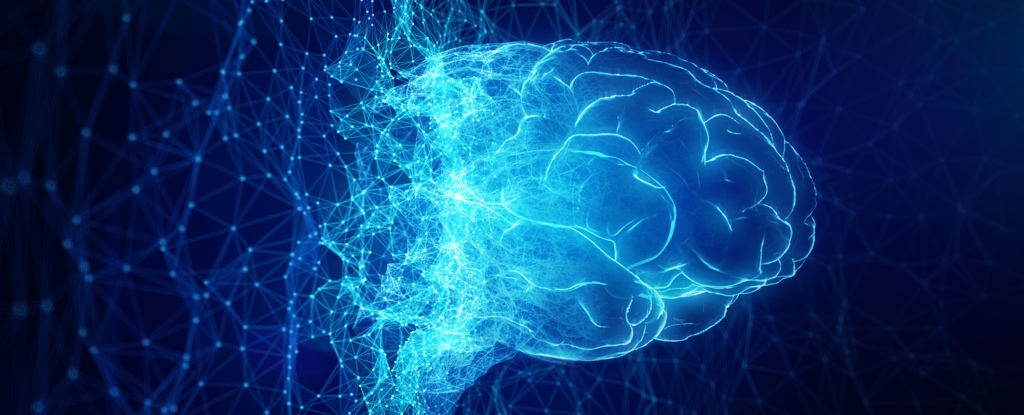
Mini brains grown in a lab from stem cells spontaneously developed rudimentary eye structures, scientists reported in a fascinating paper in 2021.

A study by evolutionary neuroscientists suggests our minds develop thanks to fermentation. It made food easier to digest and contained more nutrients, facilitating our grey matter’s development.

Nanoplastics that can leach into water and soil affect a specific protein found in the brain, causing changes linked to Parkinson’s disease and other types of dementia.

South Korean scientists showerd the process through which plastic transforms into secondary microplastics. Their research reveals that continuous consumption of these secondary microplastics acts as neurotoxins in the brain.

A new study suggests that decreases in brain size in modern humans may be driven by natural selection in response to climate change and environmental stress, starting around 15,000 years ago.

The study suggests that gaining insights into how the spirals are related to cognitive processing could significantly enhance our understanding of the dynamics and functions of the brain.

For the first time, surgeons have successfully repaired a major malformation in the brain of a fetus.

In a new study, a model trained on functional magnetic resonance imaging scans of three volunteers was able to predict whole sentences they were hearing with surprising accuracy—just by looking at their brain activity.

At the time of death, brain activity was detected in the TPJ region of the brain - a recent study found. The TPJ region already has a known association with dreaming, hallucinations, and altered states of consciousness.

A team at the University of British Columbia says brain scans show increased impairments in brain function after exposure to traffic pollution. In fact, signs of decreased brain function can start to appear in as little as two hours.

Recent tests show that the zone of uncertainty in the brain is encoding previous experiences in a special bidirectional way that hasn't been seen before.

Researchers from the University of Copenhagen and University of Rochester have identified a layer of tissue that helps protect our gray and white matter, one that hasn't been distinguished before.

Quantum brain processes could explain why we can still outperform supercomputers when it comes to unforeseen circumstances, decision making, or learning something new, while the discovery may also shed light on consciousness.

The cerebellum is known primarily for the regulation of movement. Researchers have now discovered that the cerebellum also plays an important role in remembering emotional experiences.

The unique form and efficiency of human running, which includes the ability to sustain this form of exertion (i.e., by jogging as opposed to sprinting), and the evolutionary success of humans are closely linked.